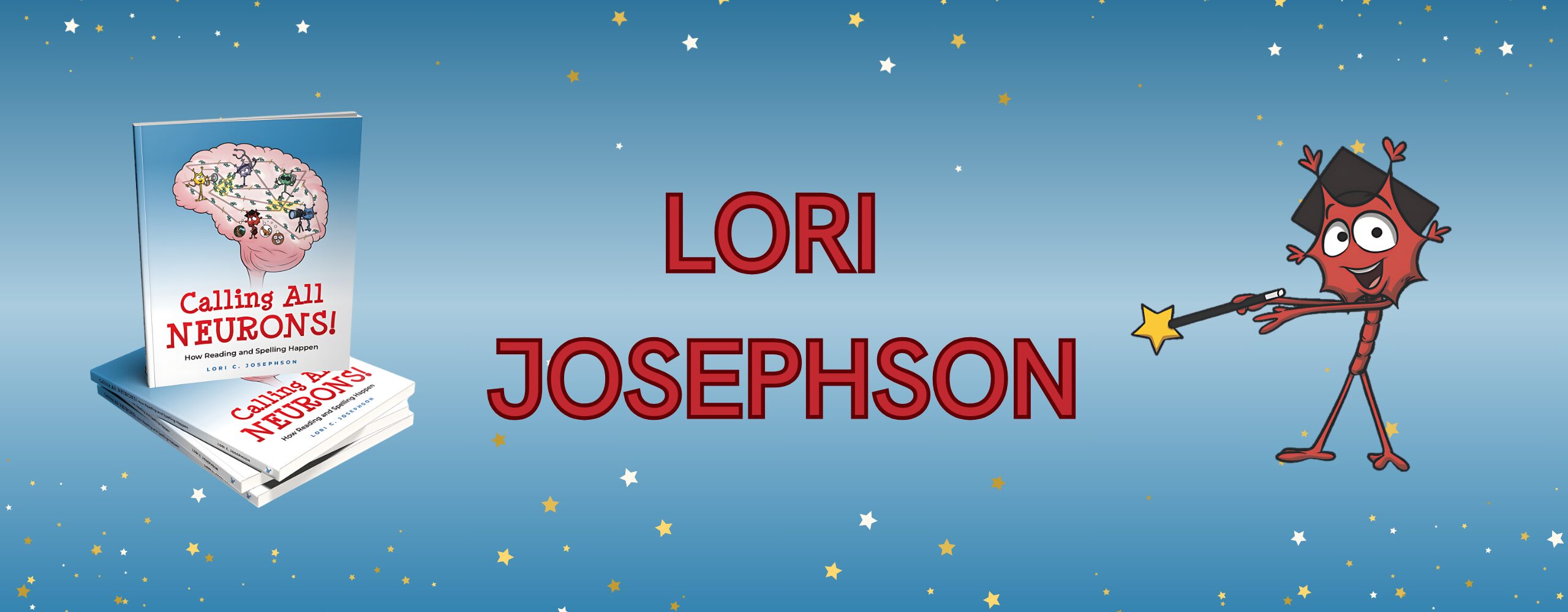
Where Do Parents Begin to Best Support Their Child’s Road to Literacy and School Success?
Literacy allows humans to develop a deep understanding of texts read or listened to, and to allow humans to make themselves understood by others in written and/or oral form.
Reading scores reveal only 35-37% of 4th, 8th, and 12th graders read at or above a grade level (NAEP, 2019) without any overall improvement/gains in the past 20 years.
Where Does a Parent Begin?
For starters, let’s define some key terms to help you navigate the language and literacy path to more easily ensure success:
What Is Language?

Language is a system of agreed upon spoken, manual (signed), or written symbols. These symbols allow members of a social group of humans to communicate and express themselves. Language allows human beings to communicate and express emotion. Human beings are the only species with the inborn ability to develop oral, spoken language.
What is Literacy?

Literacy is the ability to read (decode), write, spell (encode), listen, and speak. This allows humans to develop a deep understanding of texts read or listened to, and allows humans to make themselves understood by others in written and/or oral form. Literacy helps humans to make sense of and function in the world. The development of literacy is not a natural process and must be taught. Virginia Berninger PhD states, “Literacy involves all aspects of language. It is language by ear, mouth, eye, and hand.”
What Is Motor Development?
Motor development refers to the development of nerves and muscles to allow mobility, and permit physical manipulation of the environment. Most humans develop the same motor skills, in the same order, and also at similar ages. Gross motor development involves the coordination of larger muscles, including the arms, legs, and torso. Fine motor development involves the coordination of the smaller muscles of the body, including the hands and face. Students need to have well-developed fine motor control in order to be able to tie shoes, write, keyboard, etc.

What Is Executive Function? What is Self-Regulation?

Executive Function is the ability of human beings to internally and independently understand the world. Self-Regulation involves the processes involved that allow organized learning to occur and purposeful behavior and language with others. These skills are fundamental to successfully complete tasks a learner sets out to do (“get the job done”).

These students are engaged and exhibit Executive Function and Self-Regulation skills.
Examples of self-regulation needed for
children’s school success include:
- waiting for his/her ‘turn’—to speak, to use the restroom, to get someone’s attention, etc.
- remembering the correct order of tasks, either using words or actions. Common examples are the steps used to form a letter of the alphabet, solve a math problem (like long division), remember what has been read, follow directions, recall dance steps, play a sport, and clean his/her room.
- motivating and regulating his/her emotions and applying problem-solving skills when things are tough. For example, ‘sticking to the task at hand’, knowing how to cheer him/herself up when things are not going well, or calm him/herself down when things are going very well when in a group setting.
Executive Function skills are essential in the home setting (completing homework or attending virtual lessons), and play a key role in our children seeing events from someone else’s point of view. With many children not attending brick and mortar schools, families need to take the lead now more than ever in helping to develop these skills. Families have been teaching oral language, literacy, motor, executive function, and self-regulation skills in various ways for centuries, perhaps without truly having a detailed awareness of it. It’s just ‘what you do’ for the young ones in your care.
Now it is even more important that families work directly and purposefully to develop these skills. Let’s work together to fine-tune your efforts with even more success! You may say, “I am already doing this!” Let me help you to do it more easily and effectively!! I value your personal story to gain insight with a desire to empathize with each family situation. I invite you to share your journeys with me and others on your shared path. These individual stories will ultimately benefit us all. Your story is unique, but you are not alone.
